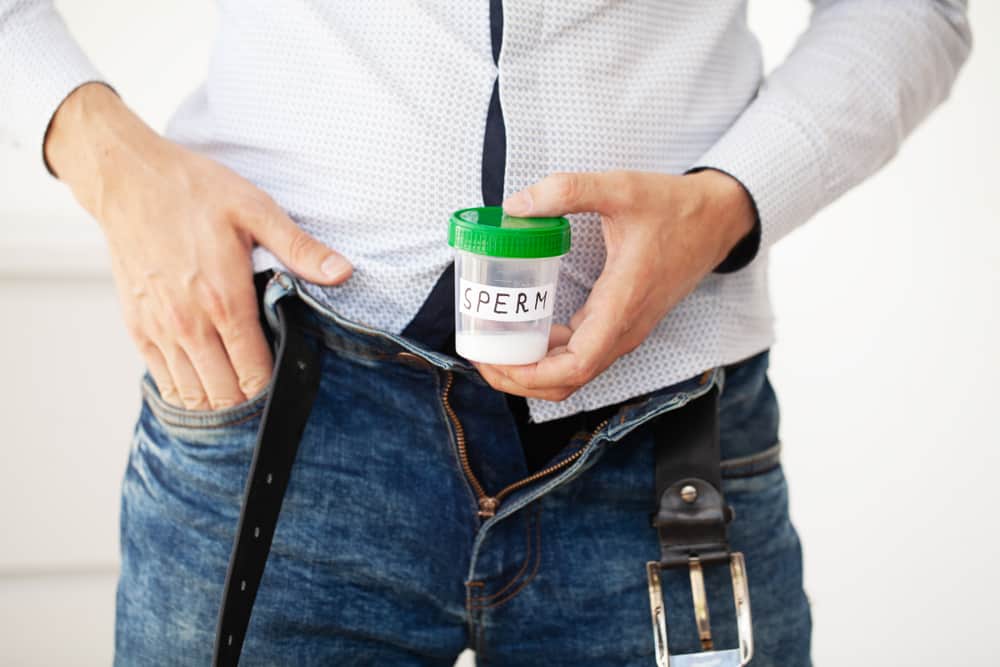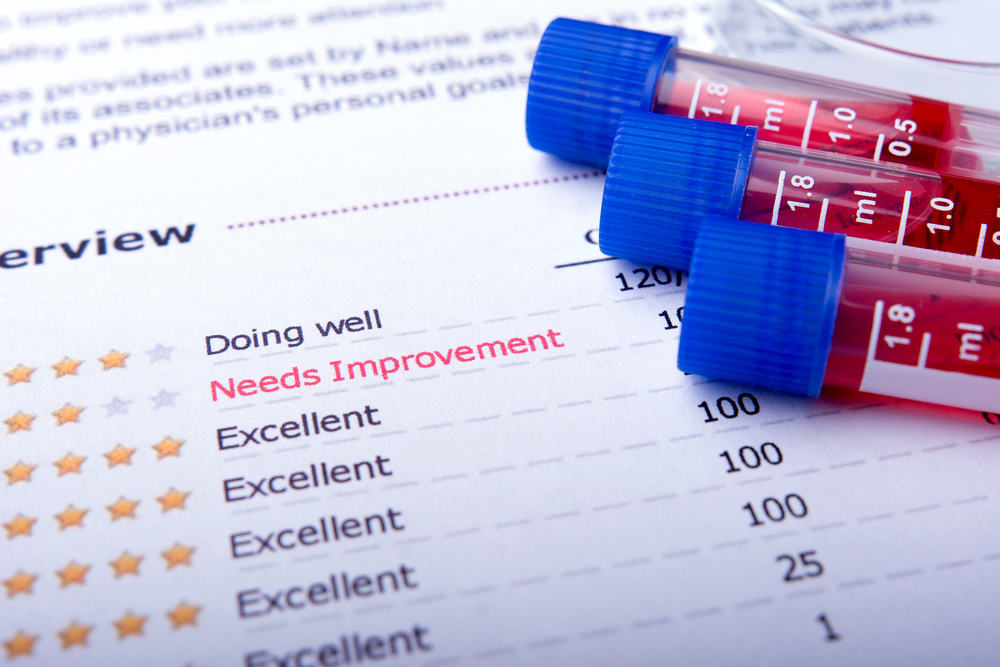Contents:
- Medical Video: Visual Impairment and Intracranial Pressure (VIIP)
- What is intracranial pressure?
- Signs and symptoms of increased pressure in the head cavity
- Causes of increased intracranial pressure
- How to treat high pressure in the head cavity
- Prevent pressure on the head cavity
Medical Video: Visual Impairment and Intracranial Pressure (VIIP)
When you experience a hard impact on your head, you will feel an irresistible dizziness. Usually you will only rest your body to reduce the headaches that are felt. However, if it feels more severe accompanied by nausea, vomiting, and vision problems, you need to be vigilant and immediately go to the doctor. Because, it is feared will lead to an increase in the pressure of the head cavity, or called intracranial pressure.
In fact, even without impact you can experience this because of other causes. So, what are the other causes of intracranial pressure? Read on for more information.
What is intracranial pressure?
Intracranial pressure is the value of pressure in the head cavity. This pressure is inside the skull bone which includes brain tissue, cerebrospinal fluid, and brain blood vessels. At certain pressures, this pressure can increase and should not be underestimated.
This increase in head pressure is usually caused by an increase in the amount of cerebrospinal fluid that protects the brain and spinal cord. In addition, this can also be caused by a tumor, bleeding, or swelling of the brain - either because of injury or the condition of epilepsy.
The condition of increasing intracranial pressure is classified as very dangerous and needs immediate treatment. Because, if not treated immediately, this can cause damage to the brain or spinal cord by suppressing the structure of the brain and limiting blood flow to the brain. The worst possibility can even cause death.
Signs and symptoms of increased pressure in the head cavity
Symptoms of increased intracranial pressure vary depending on age. Not only in adults, an increase in head pressure can also occur in infants. If your baby has fallen out of bed to cause a wound on the head, you should immediately check the condition of your baby if there are symptoms of increased head cavity pressure or not.
In addition, an increase in intracranial pressure can also be a sign of child abuse known as shaken baby syndrome, which is a condition in which a child is treated harshly to experience a brain injury.
In general, children and adults who experience an increase in intracrainal pressure will experience the following symptoms:
- Headache
- Nausea
- Gag
- Increased blood pressure
- Changes in behavior
- Decreased mental ability
- Neurological disorders, such as abnormal eye movements, double vision, or pupils of the eye cannot respond to light
- Breath hunting
- Seizures
- Loss of consciousness
- Coma
However, in infants under 12 months there are specific symptoms that distinguish. Because the skull-forming bones of the baby are still soft, increased intracranial pressure can cause the baby's fontanel (soft part or crown of the head) to bulge out.
Causes of increased intracranial pressure
A hard impact on the head is the most common cause of increased intracranial pressure. This is what causes an increase in cerebrospinal fluid in the brain and spinal cord. Not only that, there are also several other causes including:
- Brain injury
- Brain tumor
- Stroke
- Brain aneurysm
- Hydrocephalus
- Intracranial hypertension, which is high blood pressure which causes bleeding in the brain
How to treat high pressure in the head cavity
When you check for symptoms of an increase in pressure in the head cavity, the doctor will ask some things that are thought to be the cause. Have you just experienced a collision in the head or a certain brain tumor.
Then a blood pressure check will be performed and see if your pupils widen normally or not. A CT scan or MRI of the brain will also be done to strengthen the diagnosis.
The first treatment is of course aimed at reducing the pressure in your head cavity. This is done by installation shunt, which is a channel that is installed to drain excess fluid in the head to reduce pressure. You will also be given sedatives to deal with anxiety which can increase your blood pressure.
Prevent pressure on the head cavity
There are a number of efforts you can take to prevent intracranial pressure from increasing. If you have high blood pressure and are at risk of stroke, hypertension drugs can help lower your blood pressure while reducing your intracranial pressure.
You can also prevent the increase in intracranial pressure caused head injury. So, be sure to always wear a helmet when cycling or exercising that requires physical contact.
In addition, you must use a seat belt while driving and give the right distance between the seat and the dashboard or parts of the car. This is done to anticipate unwanted collisions.
Falling is sometimes unavoidable, especially in the elderly. So, you can anticipate it by keeping the floor dry and installing handrails in slippery places that are often traversed, if needed.













